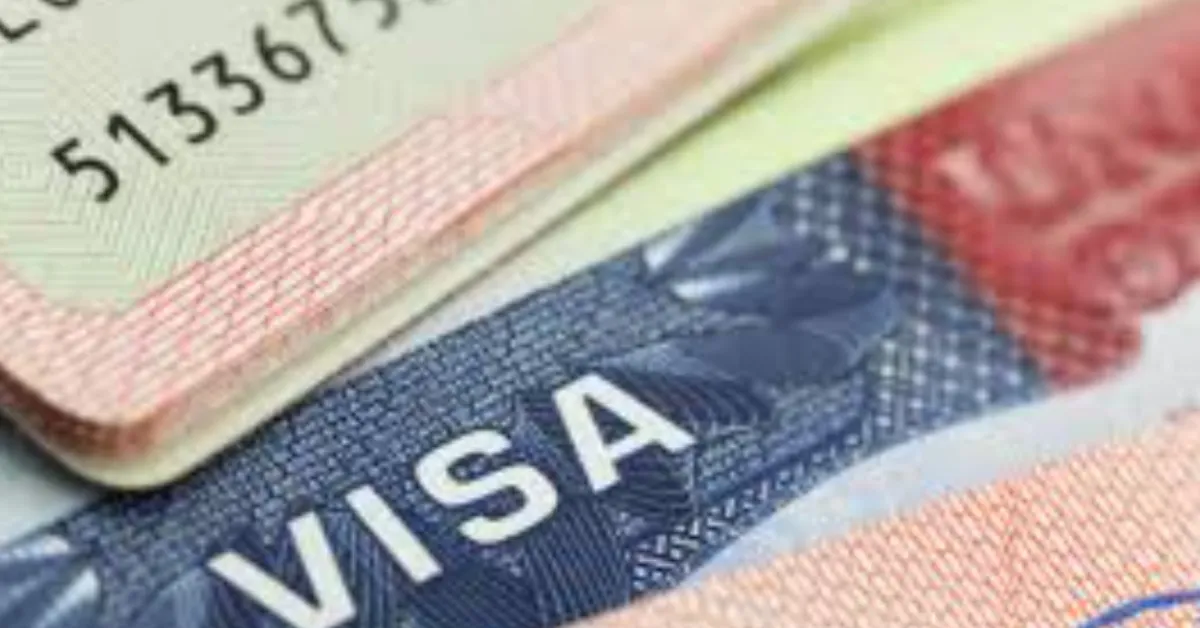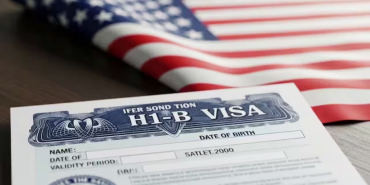Who Qualifies for the US EB-1 Visa? A Closer Look at the ‘Einstein Green Card’ Program

A renewed debate surrounding the EB-1 visa, often termed the "Einstein visa," has erupted following a House Judiciary Committee hearing that scrutinised the eligibility criteria and raised questions of potential double standards.
The visa, designed for individuals of "extraordinary ability," is now under intense scrutiny, specifically concerning the circumstances surrounding Melania Trump's receipt of the visa in 2001. Congresswoman Jasmine Crockett ignited the controversy during the hearing, questioning the appropriateness of granting the EB-1 visa to Melania Trump, a model at the time of her application. Crockett's pointed remarks alluded to a perceived disparity between the visa's stringent requirements and Trump's professional profile, highlighting concerns over potential manipulation or inconsistent application of the system.
"The first lady, a model," Crockett stated, "applied for and was given an EB-1 visa,"
The EB-1 visa is a coveted pathway to permanent residency in the United States, reserved for individuals with sustained national or international acclaim in fields like science, education, the arts, business, or athletics. Applicants must demonstrate extraordinary ability through evidence of a major international award or by meeting at least three of the ten criteria set by US Citizenship and Immigration Services (USCIS). These criteria include extensive media coverage, significant original contributions to their field, high remuneration, or leadership roles in prominent organisations.
Melania Trump, then known as Melania Knauss, received her EB-1 visa in 2001, having applied in 2000 while working as a model in New York. She became a US citizen in 2006. The subsequent sponsorship of her parents for green cards through family reunification, a process that her husband, former President Donald Trump, has repeatedly criticised as "chain migration", has amplified the accusations of double standards. The Trump administration's stringent stance on immigration policies starkly contrasts with the circumstances of his wife's immigration journey.
Despite the ostensibly rigorous criteria, immigration experts have long acknowledged the subjective nature of EB-1 application adjudications. The EB-1A subcategory, in particular, allows individuals to self-petition without a prior job offer, rendering it attractive but also, according to critics, vulnerable to strategic framing. Legal practitioners familiar with the process concede that with adept legal counsel, applicants can tailor their portfolios to emphasise niche accomplishments that technically meet the formal requirements, even if those accomplishments may not align with broader public perceptions of "extraordinary ability".
This ambiguity has led to some unconventional success stories. Mangesh Ghogre, an Indian-origin investment banker, secured an EB-1 visa based on his expertise in constructing crossword puzzles published in major US newspapers. Similarly, stunt coordinator Glenn Boswell received approval after submitting a comprehensive 439-page petition detailing his work on films such as The Matrix and The Hobbit. These examples demonstrate the visa's capacity to accommodate a diverse range of talents, yet also underscore questions about consistency and transparency in its application.
The precise basis for Melania Trump's visa approval remains unclear. While she had appeared in fashion magazines and runway shows, her recognition did not reach the level typically associated with EB-1 recipients. Critics suggest her successful petition might have relied on a narrowly defined modelling niche or media exposure that technically satisfied the requirements but did not fully reflect the spirit of the visa's intent.
The controversy's implications extend beyond individual cases, potentially affecting the credibility of a programme designed to attract the world's leading talents. High-profile instances that appear to circumvent the intended standards can erode public confidence and cast doubt on the legitimacy of other applicants, many of whom invest years in building their credentials.
Congresswoman Crockett says, "Why aren't we talking about integrity when it comes to the president's family's visas?"














Add new comment